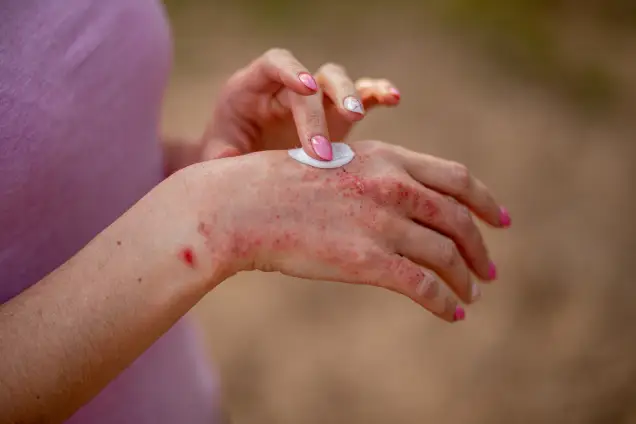
Eczema is a chronic skin condition characterized by inflammation, oozing, redness, itching, and dryness of the skin. It can affect people of all ages but is most common in children.
Eczema is a manageable condition with appropriate treatment and lifestyle adjustments. Consult our expert dermatologists at Subodha skin and cosmetic clinic, a best dermatology clinic in Bangalore, for developing an effective treatment plan tailored to individual needs.